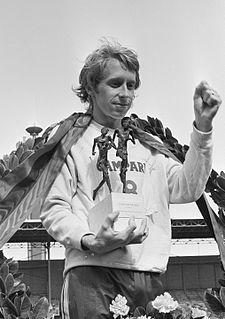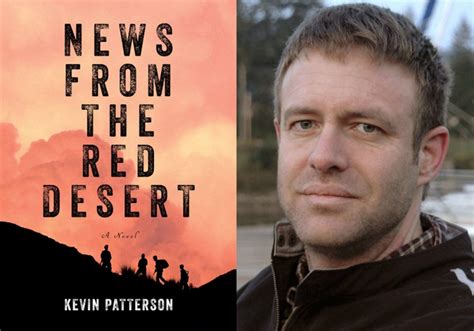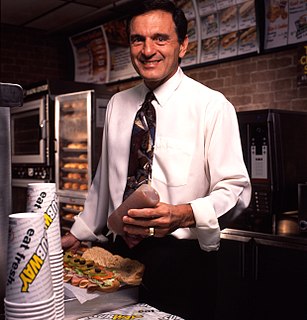A Quote by Amor Towles
In retrospect, the pace of change in the arts and industry in the nineteenth century seems pretty glacial. Painting, music, the novel, architecture were all evolving, but at a pretty observable pace.
Related Quotes
Plenty of the women who were single in the nineteenth century wrote about their desire to evade marriage. Marriage was scary in a lot of ways. It often involved having a lot of kids, losing your autonomy, being in service to a husband and children who were often born at an unremitting pace without the benefit of modern medicine.
It seems to me that the novel is very much alive as a form. Without any question, every epoch has its own forms, and the novel nowadays cannot resemble that of the nineteenth century. In this domain all experiments are justified, and it is better to write something new clumsily than to repeat the old brilliantly. In the nineteenth century, novels dealt with the fate of a person or of a family; this was linked to life in that period. In our time the destinies of people are interwoven. Whether man recognizes it or not, his fate is much more linked to that of many other people than it used to be.
I've worked in the Inuit hamlets of the west coast of Hudson Bay since 1994. Over that time I've been very moved by both the pace of social change there - the loss of traditional ways of seeing the world, the affinity for and comfort with the land - and by the social disarray that change of this pace produces.







































